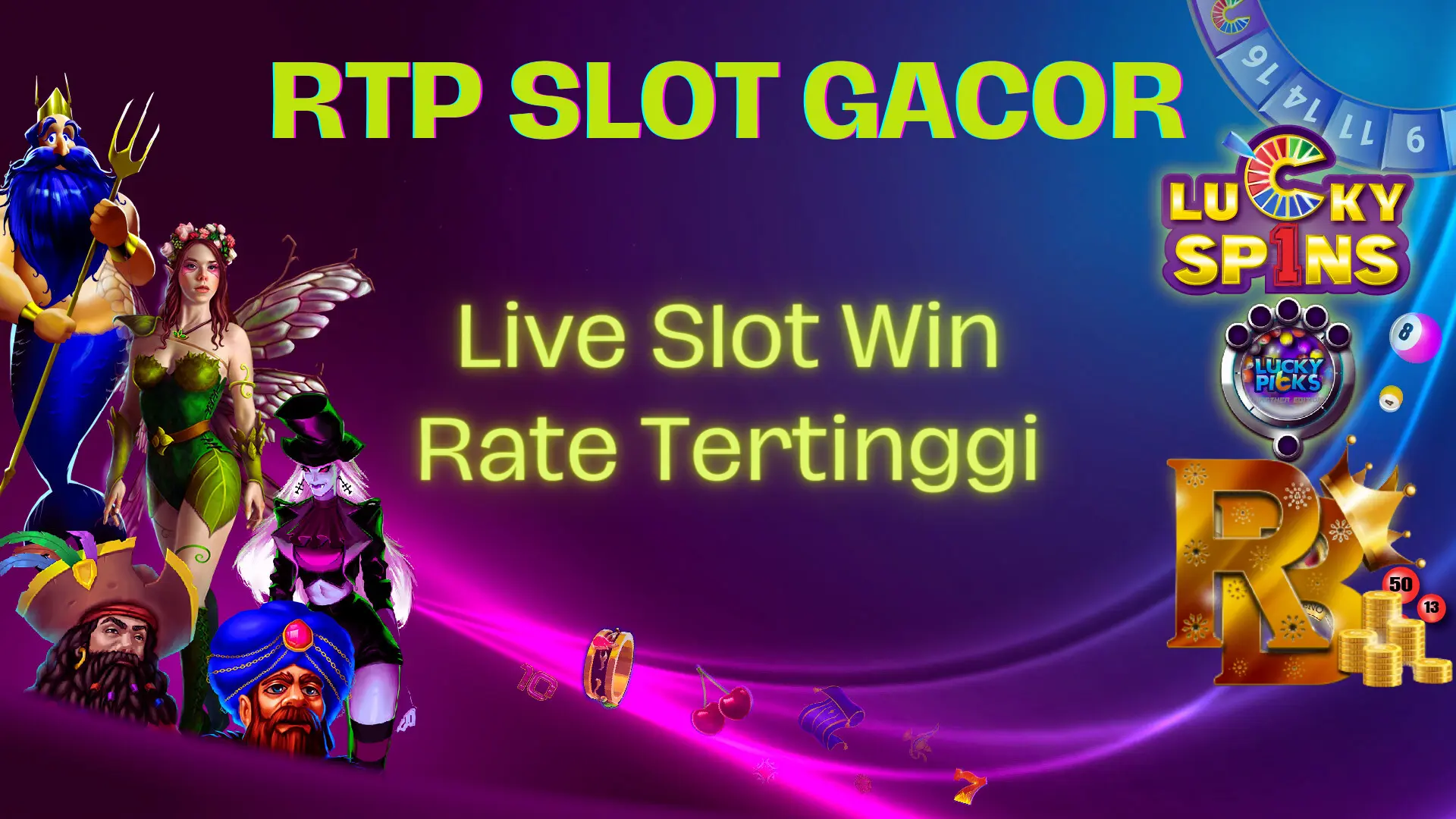In the contemporary era, games have evolved far beyond mere entertainment, transcending boundaries and encompassing diverse aspects of human life. From the early days of simplistic arcade games to the immersive experiences of modern virtual reality, the realm of gaming has undergone a revolutionary transformation. Today, games not only provide recreational enjoyment but also serve as powerful tools for education, social interaction, and even professional development.
Entertainment:
At its core, gaming remains a form of entertainment, offering individuals Rtp Slot an escape from reality into imaginative and interactive worlds. Whether it’s the adrenaline rush of competitive multiplayer games or the emotionally gripping narratives of single-player adventures, the entertainment value of games is undeniable. The industry continues to thrive, with developers pushing the boundaries of creativity and technology to deliver captivating experiences across various platforms, including consoles, PCs, and mobile devices.
Education and Learning:
Beyond entertainment, games have emerged as effective educational tools, revolutionizing traditional learning methods. Educational games, often referred to as “edutainment,” combine entertainment elements with educational content to engage learners in interactive experiences. These games cover a wide range of subjects, from mathematics and science to history and language arts, catering to learners of all ages and skill levels. By incorporating gamified elements such as challenges, rewards, and progression systems, educational games make learning engaging and enjoyable, fostering deeper understanding and retention of academic concepts.
Moreover, simulation games provide immersive environments for training and skill development in various industries, including healthcare, aviation, and business. These simulations offer learners the opportunity to practice real-world scenarios in a risk-free virtual setting, honing their decision-making abilities and practical skills. From flight simulators for aspiring pilots to medical simulations for healthcare professionals, the applications of gaming in education and training are vast and continually expanding.
Social Interaction:
In an increasingly interconnected world, games serve as social hubs, bringing people together across geographical boundaries. Multiplayer games enable players to collaborate, compete, and communicate with friends and strangers alike, fostering a sense of community and camaraderie. Online gaming platforms and social networks provide avenues for players to connect, form friendships, and participate in virtual communities centered around shared interests and experiences.
Furthermore, live streaming and esports have transformed gaming into a spectator sport, with millions of viewers tuning in to watch professional players compete in tournaments and championships. These events not only showcase the skill and dedication of top players but also celebrate the communal aspect of gaming, as fans come together to cheer for their favorite teams and players.
Professional Development:
Beyond leisure and recreation, games have found applications in professional development and skill enhancement. Gamification, the integration of game mechanics into non-game contexts, has gained traction in various industries as a means of increasing engagement and motivation. From corporate training programs to productivity apps, gamified systems incentivize desired behaviors and encourage users to achieve their goals through interactive challenges and rewards.
Additionally, the burgeoning field of game-based learning extends beyond traditional education to encompass professional skills development. Serious games, designed specifically for training purposes, simulate real-world challenges and scenarios, allowing employees to enhance their skills in areas such as leadership, communication, and problem-solving. Through gameplay, individuals can acquire valuable insights and practical experience that translate directly to their professional roles, enhancing performance and productivity.
In conclusion, games have evolved into multifaceted tools that transcend their initial role as sources of entertainment. From educational enrichment to social interaction and professional development, games play a significant role in shaping diverse aspects of human life. As technology continues to advance and innovation flourishes, the potential applications of gaming are limitless, offering exciting possibilities for the future of entertainment, education, and beyond.